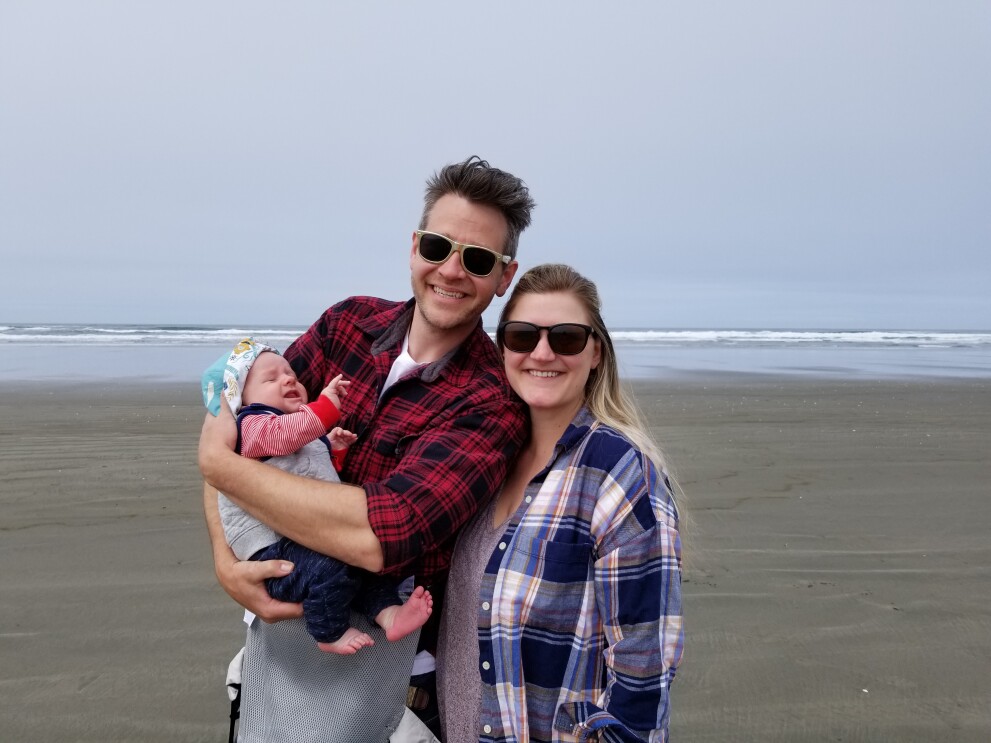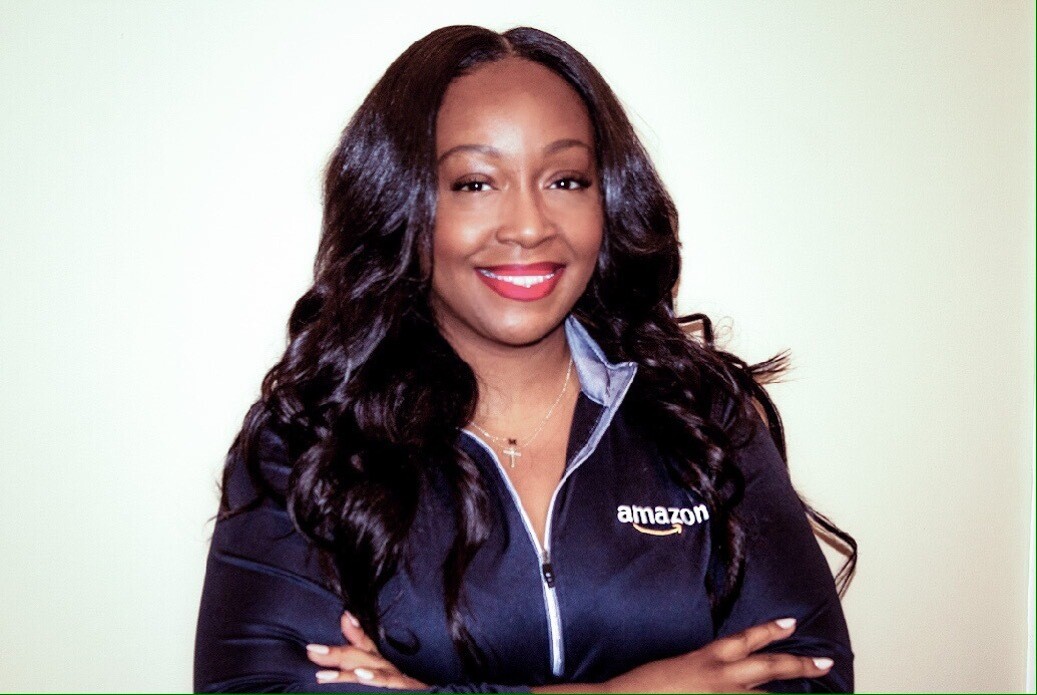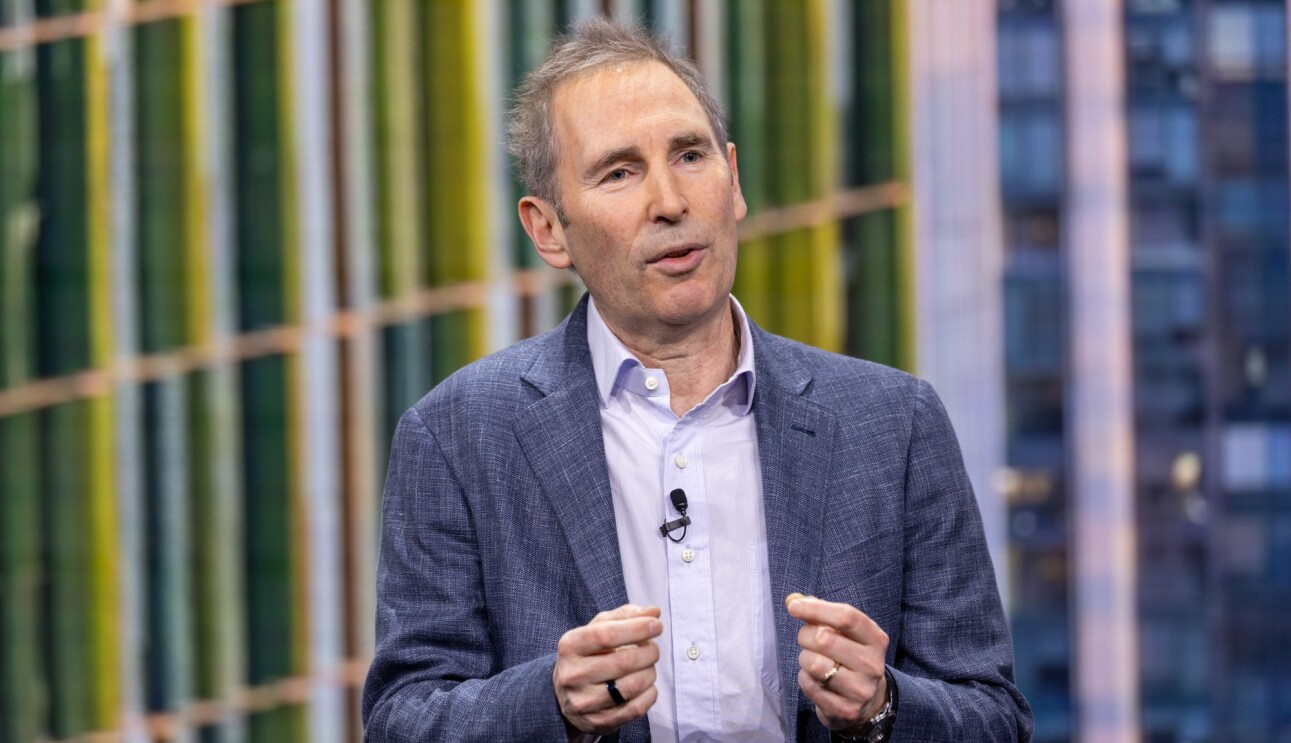Page overview
Figure out what you really want to do
"This sounds like simple advice," said Beau Higgins, Senior Program Manager, Military Affairs. "But Amazon has more than 30,000 jobs available, and it's important to know which one you really want to do before applying." He explained that just because you held a certain role or responsibility in the past, doesn't necessarily mean you have to find the exact same role at Amazon. "Spend time figuring out what you want to do, not just what you think you should do," said Higgins. You might have skills that would lend themselves to other positions you haven't considered before.
Once you've narrowed down the job you want, it's important to make sure your skills meet the basic qualifications. Amazon's job descriptions provide a list of both basic and preferred skills. The basic skills are essential to fulfilling the job's requirements. "I would pick up to five positions that you feel you 100% satisfy the requirements within the basic qualifications listed," said Stacy Milgate, Senior Client Lead, Amazon Web Services. "The basic qualifications are there for a reason. It's also important to make sure your resume reflects these skills."
While meeting the basic skills is required for consideration, Rasheeda Liberty, Senior Recruitment Manager, Finance and Global Business Services, said it's important not to rule yourself out based on the title of the position. "Focus on your transferable skills," she said. "As a larger company, Amazon sometimes doesn't model the industry. We might scale differently than where you've worked in the past." As an example, Liberty said that if you were formerly a vice president at an organization with 50,000 employees, you might be a fit for a senior manager role at Amazon because your scope would be even larger. That's why it's important to pay attention to basic requirements like years of experience and not rule yourself out based on the job title alone.
When you get to the resume portion of the application, Cody Nelson, Senior Manager of Recruiting, Worldwide Operations, said it's important to use data to tell your story. "Make sure you paint the picture of what you've accomplished in a measurable way," he said. This is an important tip for applying at any company, but it's particularly important at a data-driven company like Amazon. "The qualitative impact you made in your previous role is hard to translate on a resume, but math and numbers are a universal language," said Nelson. "Things like cost savings, process improvement, time savings, and other data points show up clearly and concisely on your resume."
"Your resume is a CliffsNotes version of what you have to offer as a person," said Dia Harris, Senior Diversity Recruiting Program Manager, Student Programs. "I want to know who you are, what you have to offer, and what's different about you compared to the next candidate," he said. "When I see that on a resume, I really want to talk to that person because I want to hear their story." Harris recommends reviewing the job description to identify the unique skills you could bring to the role, then using data to highlight those skills in your resume. He recommends having multiple resumes that speak to different skill sets you want to highlight based on the position you're applying to.
You could spend hours making your resume beautiful with design elements and images, but Amazon just wants to see your skills, regardless of how they're presented. That's why Jackson recommends keeping your resume simple. "Make sure it's concise and includes your previous titles, years of experience, skills, and level of expertise," she said. "It's also important to focus on your accomplishments and not just responsibilities or duties." She also recommends using common words and skills from the job description in your resume. "But of course be, truthful," she said. "If you're looking at the job description and you see things that pertain to you, make sure that you include that in your resume."
"I recommend listing out all of the previous work experiences you have space for," said Danielle Deshields, Undergraduate Recruiter, Student Programs. "Don't try to pick and choose what you think the recruiter wants to see. You want to paint the full picture of your professional involvement." She said this is particularly important for students who might have less professional experience but do have relevant involvement with university clubs or volunteer organizations. "I've met some students who were nervous about including fraternity or sorority involvement on their resumes," she said. "I advised them to include it. The more of your story you tell us, the more we can see your potential to have an impact at Amazon." Deshields noted that it is still important to keep your resume to one page, but even those with longer careers should be able to fit their most recent, relevant experiences in this space.
01 / 07
















